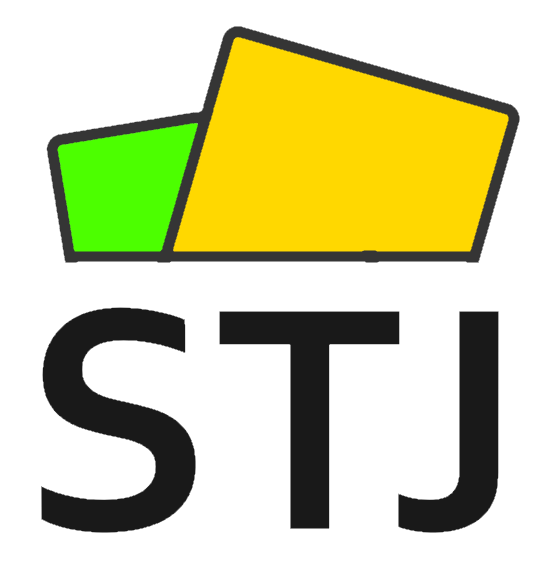
Ways To Increase Programming Students Engagement
Share
Illustration: (C) Drazen / stock.adobe.com
From creating websites to developing software applications, the demand for skilled programmers continues to grow.
In this article, we'll explore the reasons why people choose to learn programming, the methods used in programming education, why studies and bootcamps are useful, the challenges faced in the learning process, and techniques educators use to boost motivation and engagement.
People learn programming for various reasons.
Firstly, programming skills open up career opportunities. In today's job market, proficiency in coding is a valuable asset, with many industries seeking ppl who can develop and maintain software applications.
Secondly, learning programming provides problem-solving skills. Programmers often need to think critically and logically to troubleshoot and create efficient solutions.
Finally, the need for creativity motivates individuals to learn programming. Building something from scratch, be it a website or an application, allows for self-expression and innovation.
Learning programming involves various methods. Traditional methods include books, where educators provide theoretical knowledge and examples.
Online platforms offer interactive coding exercises and video tutorials, allowing learners to practice coding in a hands-on manner.
Additionally, studies and bootcamps are ways of learning that combine real-life connection between people. Group motivation and in person presence is great to go through the material together. A good educator also is able to boost the motivation and support students.
Programming studies and bootcamps help accommodate significant amount of information into a short timeframe. These programs often focus on practical skills, providing students with real-world coding experience.
Studies help in a deep understanding of programming concepts and accelerates the learning process. Moreover, these programs often help find the job.
Despite the benefits, learning programming can still be challenging within the structured environment of studies and bootcamps. Programming can be at first overwhelming.
Students come from various backgrounds, and have various levels of prior education. It means that the teacher has a hard job adjusting the material to make everyone keep up with the tempo.
Motivating learners is important in programming education. Educators use various strategies to keep students engaged and inspired.
Personalizing the learning experience, providing real-world examples, and highlighting the practical applications of programming concepts are just examples.
Additionally, educators emphasize the importance of being open to not know stuff, encouraging students to view challenges as opportunities for learning and improvement.
Gamification, the integration of game elements into non-game contexts, is a useful in programming education. Educators leverage gamification to make learning more enjoyable and interactive.
One common method involves turning coding exercises into challenges or competitions, fostering a sense of friendly competition among learners.
Leader boards and badges are often used to recognize and reward achievements, creating a competitive yet supportive learning environment.
Fantasy flashcards add a creative twist to traditional learning methods. By incorporating elements of fantasy, educators capture the learners' attention and make the material more memorable.
These flashcards break the monotony of learning about ifs and switches and introduce an element of fun into the learning process, increasing motivation and engagement.
Integrating a fantasy card game into the learning process provides a creative interruption, offering learners a break from the sometimes tedious nature of programming study.
Fantasy flashcards are fun allowing students to approach complex concepts and relax.
This creative interruption not only makes learning more enjoyable but also enhances neural connections by associating abstract ideas with fantasy illustrations.
In the United States, many educators like fantasy flashcards, such as the popular "Summon The JSON" series, with notable successes.
These flashcards use fantasy elements to teach programming concepts, making the learning experience something between a role playing game and learning.
Educators report increased motivation among students and improved memory when they use Summon The JSON decks.
Programming is a nice career choice. Studies and bootcamps are great to become a programmer. Educators, professors, teachers often look for materials to increase engagement of their students.
While writing another block of code is fun too, taking eyes off monitors for a moment is great. Summon The JSON cards are an educational tool that offer a creative break. When the educator, and the group of students enjoy their company and have some fun.
Great educators know that a good learning progress is made when there's balance between structured learning and creativity. Summon The JSON is a unique method to introduce that balance that was validated by many educators based in United States.



